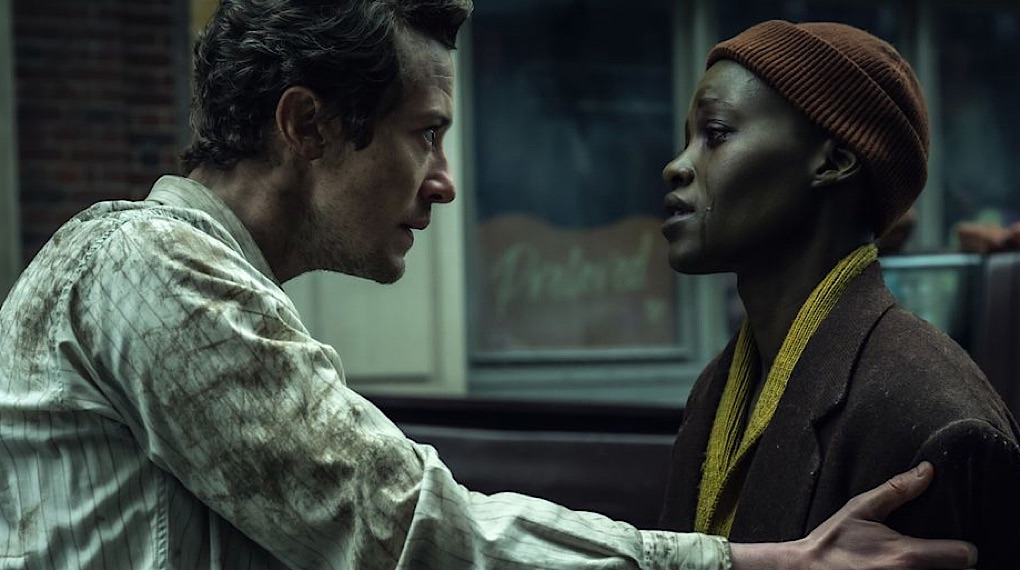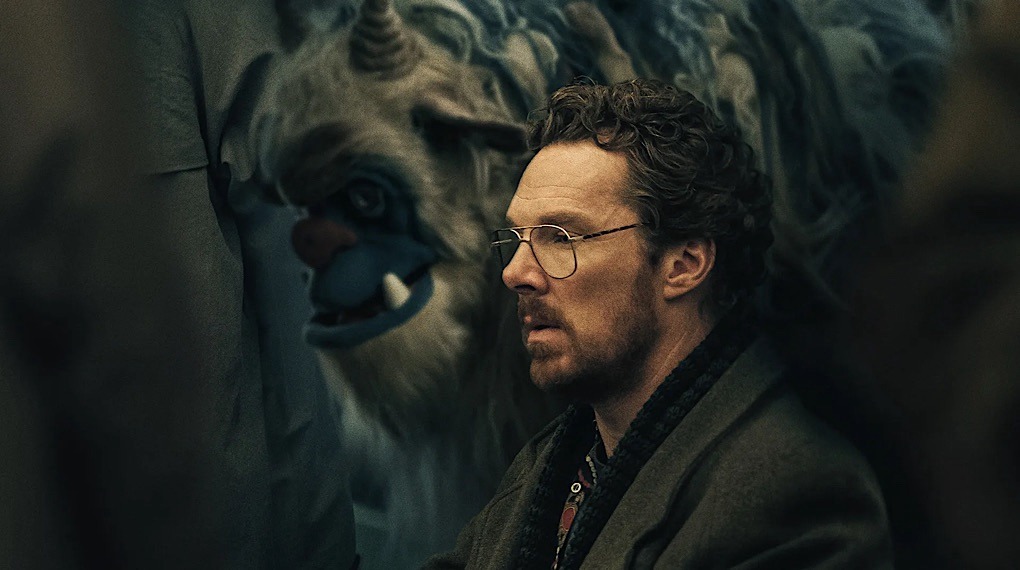A Quiet Place: Day One serves as a gripping prequel concept to the widely acclaimed A Quiet Place franchise, exploring the harrowing initial moments of the alien invasion that silenced the world. While the film has its share of slow moments and won’t fully satisfy your curiosity about the origins of the alien takeover, it ultimately delivers a powerful narrative bolstered by the stellar performances of its lead actors, Joseph Quinn and Lupita Nyong’o.
The film’s opening wastes almost no time spiraling into chaos, jumping straight into the world’s transformation as the sound-sensitive creatures wreak havoc on New York City. From the outset, director Michael Sarnoski skillfully builds tension, drawing audiences into the unfolding catastrophe. However, as the plot progresses, the pace occasionally falters, and some scenes feel drawn out. These slower moments might test the patience of viewers eager for more frequent action, but they also provide space for character development and emotional depth.
One of the film’s standout elements is the chemistry between Joseph Quinn and Lupita Nyong’o. Quinn plays a determined and resourceful survivor named Eric, while Nyong’o portrays a resilient and compassionate doctor named Samira. Their on-screen connection is palpable, infusing the narrative with genuine emotion and humanity amidst the terror. The interactions between Eric and Sam are both compassionate and selfless, offering a compelling anchor for the story.
Quinn in particular delivers a nuanced performance, capturing Eric’s evolution from a bewildered bystander to a courageous protector. His portrayal is grounded in realism, reflecting the fear and desperation of an ordinary person thrust into an extraordinary crisis. Nyong’o, as always, shines with her impeccable acting prowess. Her character, Samira, embodies strength and empathy, and Nyong’o portrays her with a compelling blend of vulnerability and resilience. Together, Quinn and Nyong’o create a dynamic duo whose relationship becomes the emotional core of the film.
The film’s ending moments are particularly noteworthy, skillfully combining sacrifice with emotional resolution. This climactic sequence is both heart-pounding and cathartic, leaving the audience deeply moved. It’s a testament to Sarnoski’s directorial finesse and the actors’ compelling performances that the film still manages to close on such a high note.
One of the film’s major shortcomings is its reluctance to further explore the opening moments of the alien invasion. While A Quiet Place: Day One effectively captures the immediate impact of the alien takeover, it neglects showing us any of the actual destruction of the city, instead opting to immediately transition to a post-apocalyptic wasteland in a matter of minutes.
Taking place on the first day of the takeover, in one of the noisiest cities in the United States, the film aims to paint itself as unique to the originals. At its core, A Quiet Place: Day One honestly just feels very similar conceptually. That’s not necessarily a bad thing but as a prequel you expect a movie like this to add another layer to the story and it just kind of misses the opportunity to be bothered with any of that.
Visually, the film is stunning. The cinematography captures the desolation and danger of a world turned upside down. The use of sound, or the deliberate lack thereof, continues to be a defining feature of the franchise, creating an immersive and unsettling atmosphere. The special effects and creature design are top-notch, making the aliens as terrifying as ever.
Despite a few holes, A Quiet Place: Day One succeeds in delivering a compelling prequel that enhances the franchise’s narrative. It’s a film that, despite its pacing issues and inclination to play it safe, captivates with its emotional depth, stunning visuals, and heart-filled finale. Fans of the franchise will appreciate this new chapter, while new viewers will be drawn into its quiet world.
Rating: 7.5 / 10



